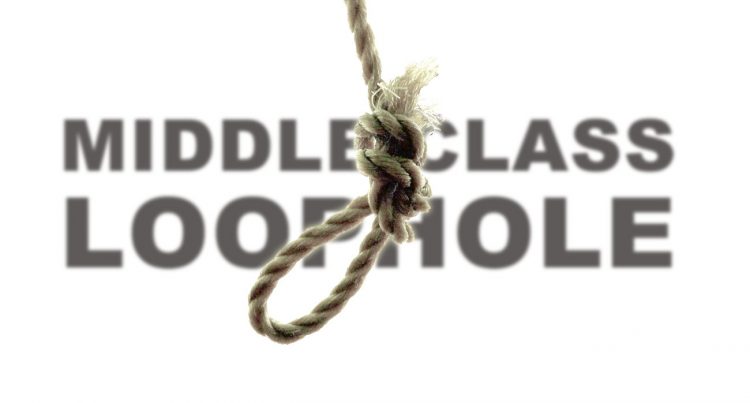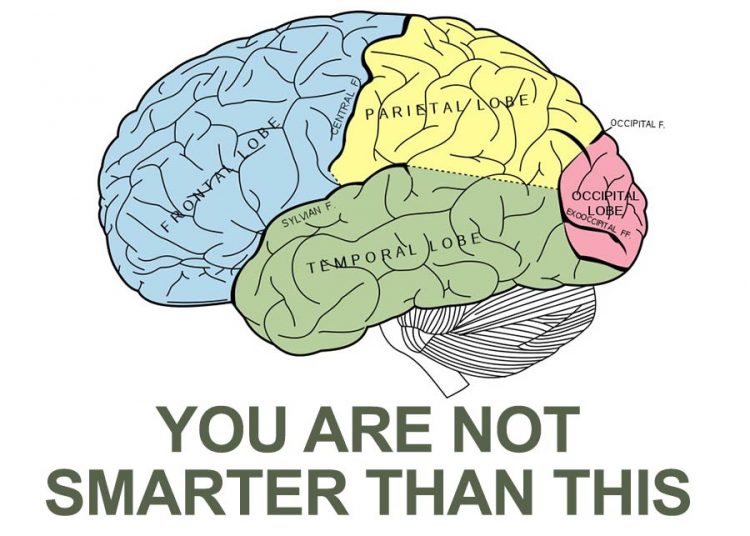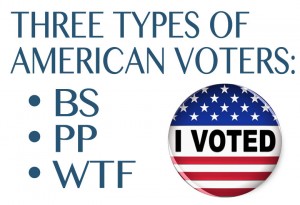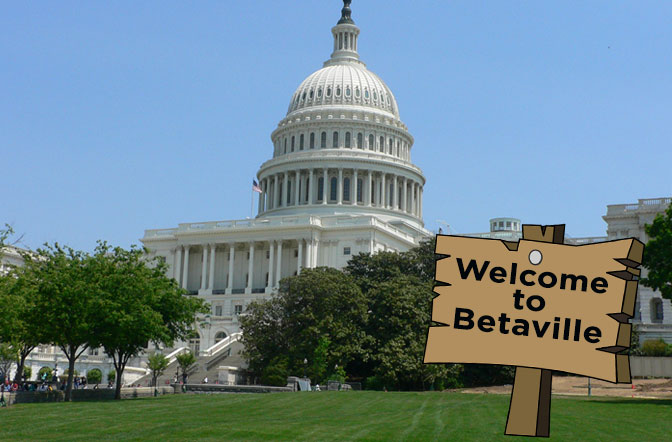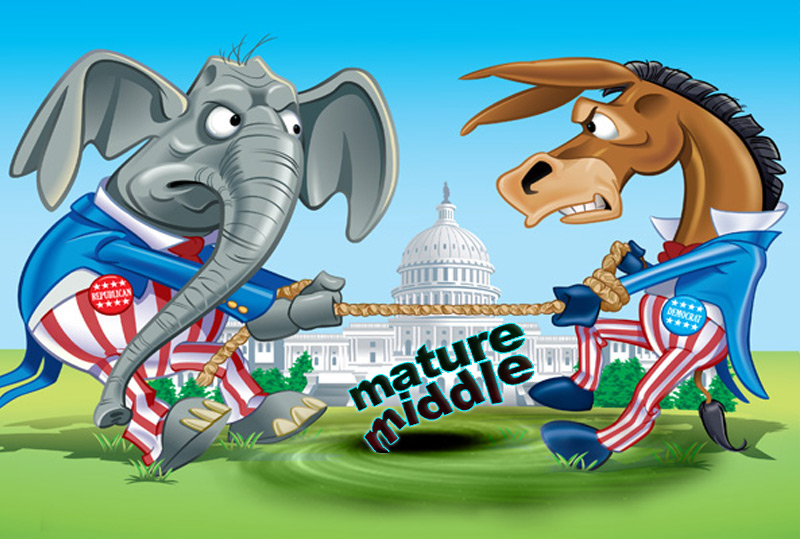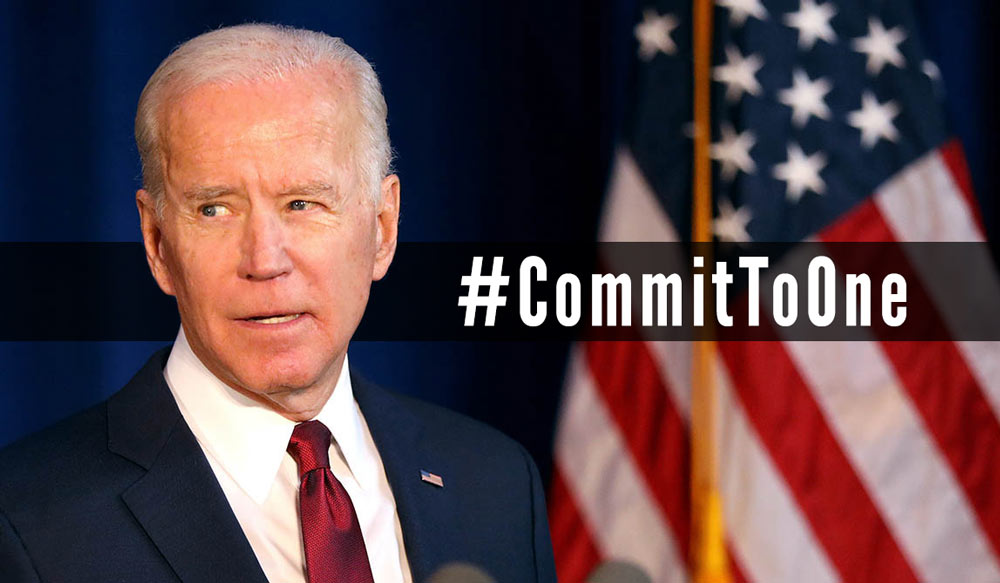 Both of these searches brought two curious visitors to POLITUSIC today. After giving the matter some thought, however, we couldn’t narrow down which one could undeniably be deemed the best incoming search… so we’re giving both the Favorite Search prize this round:
Both of these searches brought two curious visitors to POLITUSIC today. After giving the matter some thought, however, we couldn’t narrow down which one could undeniably be deemed the best incoming search… so we’re giving both the Favorite Search prize this round:
“Republicans for Obama” and “What does it mean to be a republican?“.
We’ll begin with the phrase that’s a little less meta:
Republicans for Obama
First, I’m very surprised that “republicans for Obama” actually gave any search results at all. One would think in the current American political climate that Google would provide a big zero and “no results found – are you crazy, stupid, or just hopeful?” result page.
Yes, there is/was an “organization” that was actually named, Republicans for Obama, but truth be known, one can never tell during presidential elections how real that actually is. It claims being founded in 2006 to “encourage” with a “grassroots effort” that then Senator Obama run for president… seems hinky to me in its grassroots-ness, honestly. One would like to believe (and is at least somewhat true) that there were republicans who voted for Obama in 2008 and 2012 (I know four, no really, I have lots of republican friends…), so technically speaking they do exists – though their numbers have likely decreased since the election given all the NSA spy-joy we’ve seen lately.
What strikes me the most about the phrase, “republicans for Obama” is how foreign that concept seems in today’s political environment. It seemed reasonable a couple years ago, but now it’s approaching a dead language. Factually we all know there are plenty of registered republicans who are for Obama (or at least voted for him over Mitt Romney, or John “build-the-damn-fence” McCain). However, the feeling… the truthiness of the concept that a republican in America would come out publicly for President Obama is laughable.
The variable in that scene is that any republicans who are for Obama aren’t likely getting a paycheck from government or politics in any way. Republicans for Obama are only citizen republicans, not politicking republicans. Once again the Republican Party has yet another broken piece in its ranks, which brings us to the second favorite search:
What does it mean to be a republican
This one I love, because I have no idea anymore, either. “Republican” has become such a fractured word that it can mean anything from a reasonable person who likes an efficient government, to a sanely-challenged person who thinks the U.N. will kidnap their children and Congress should outlaw all forms of sex except the missionary position (without contraception… with the lights off… and only on weekends.). Quite simply, the diversity of the Republican Party has created so many pockets of rain water that the umbrella name of “Republican” is collapsing (much as a result of relying so heavily on the Southern Strategy for so long, which ended up splintering cultural pockets and religious groups to the point where even they can’t agree on policy anymore).
In many ways, even the RNC doesn’t know what it means to be a republican anymore. They like to continue the bumpersticker claim that they are about 1) freedom, and 2) small government, but 90% of the policies they write and pass do the exact opposite: republican policies repress, suppress, and put the government into your bedroom, your place of worship, and your doctor’s office… probably the literal top three places where a government ought never be involved.
In 2013, what it means to be a republican is to be in the brink of moving into a different political party. This doesn’t merely apply to moderate republicans switching to be independents or democrats; it also means the far right-wing detaching from the Republican Party to create their own, even more conservative political party as well. When a bolder fractures there are a lot of pieces.
The original Tea Party group (before the Koch brothers annexed it and put it onto the side of a bus) liked to think they were in some ways “a new political party”, but certain branding aspects of the Republican Party was close enough to their own beliefs where they felt comfortable aligning with republicans to leech of their current political power. They soon discovered that didn’t help them, but rather muddied and convoluted their real message.
The same is true with the more die-hard evangelical wing of the Republican Party. They are basically single-issue voters, and having single-issue voters as a large part of a political party base is very dangerous because it’s not sustainable: the issue either resolves or it doesn’t – it can’t float around for eternity (though with filibusters fully sustainable single issue party factions might very well be possible). What it most often results in is what we see today in Congress: countless symbolic votes that don’t actually do anything. Repealing Obamacare over and over again, writing bills about banning Sharia law – all sorts of down-right wacky legislation that will never pass, but by simply introducing it so the politicians can then go back home and say the did makes the extreme wings of their party feel good about still being aligned with “republicans”.
To be a republican in Congress means doing nothing, but doing it with lots of symbolic legislation so that you can keep the various single-issue voter factions of their voter base stitched together until the next election cycle.
In the end… what it means to be a republican in the 21st Century is sort of like having a whole heck of a lot of second cousins, but very few direct family members. They all show up at the big holidays, but in reality they don’t have much in common with one another other than the branding of their family name.


